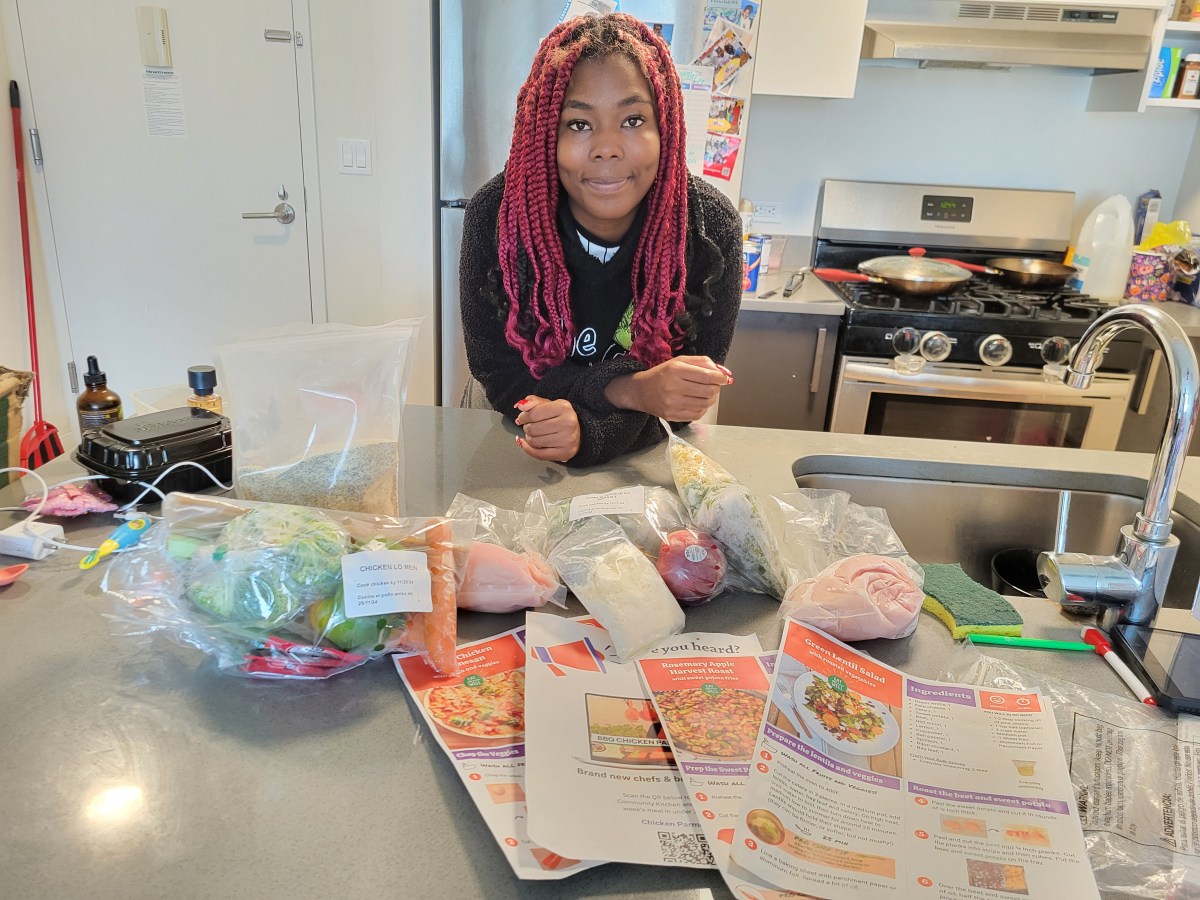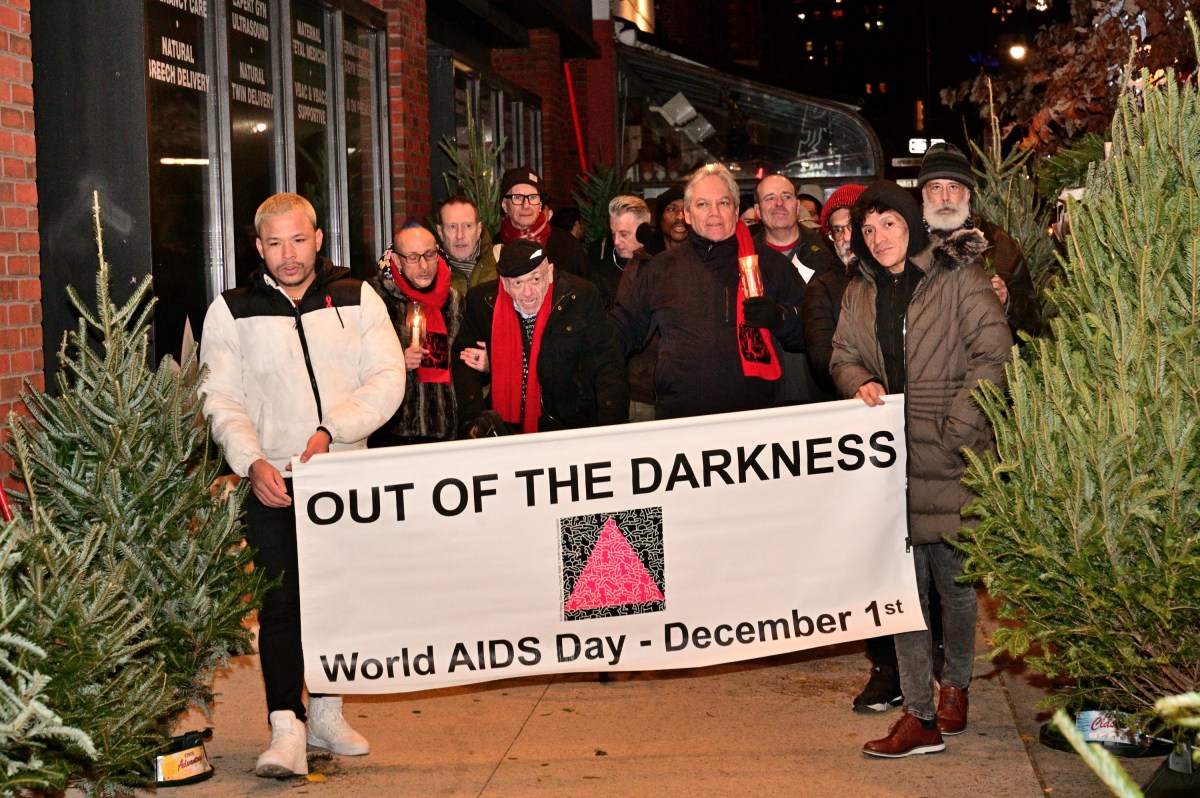CONVERSATIONS WITH HEALTH
By Christopher Hasssett
My wife is convinced I have a food allergy. I’ve always thought I had hay fever (itchy eyes, sneezing, headaches). To be honest I’m no longer sure. Can food allergies act like seasonal ones? — Robert, East Village
The fact that your wife is convinced you have a food allergy makes it worthy of consideration. I will go further and encourage you to take her concerns seriously, for there is wide support for those concerns in the medical community. Dr. Stephan Rechtschaffen, from the Omega Institute, says 50 to 60 percent of the patients he sees in his practice have allergies related to food. More than half! The Food Allergy & Anaphylaxis Network (FAAN) claims 15 million people nationwide have food allergies, a number it says is steadily rising.
A food allergy, in the simplest terms, is an immunological reaction to something the body incorrectly perceives as a threat. These reactions range from being unnoticeably mild to quite severe. If, say, you did have a food allergy and your reactions were severe you would absolutely know about it, for the immune response would be immediate and alarming. Symptoms could be a swelling tongue, throat, difficulty breathing, severe cramping, a sudden drop in blood pressure, even death.
But food allergies can be problematic even when the reactions are seemingly mild. There might initially be the irritating symptoms of itchy eyes, sneezing or headaches, but by continually subjecting the body to the very foods causing these reactions, the symptoms over time could escalate toward migraines, asthma, chronic fatigue, eczema, organ and joint inflammation, rheumatoid arthritis, heart disease and countless other maladies.
Escalation occurs by routinely eating the same foods one is allergic to. Such routines often occur in the morning, when it’s common to eat the same meal again and again for years and even decades. Think of eggs and milk (dairy), think of toast (wheat/gluten), think of the soy latte you switched to for health reasons: all of which, according to the Mayo Clinic, top the list of the most prominent food allergens. Also at the top of that list are fish, shellfish, peanuts and tree nuts (almonds, cashews, walnuts…). But people can be allergic to citrus, celery, avocado, potato, beer, wine, coffee and pretty much anything else we put into our bodies.
If a food allergy is presumed, one way to find out, aside from going to a doctor, is to eliminate all suspect foods for seven days. If, for instance, you think you’re allergic to milk, then you would remove all milk products from your diet for a week. Often what happens is, if there is indeed an allergy involved, you’re likely to feel even worse during the first few days of elimination. But by Day 4 things typically improve and by Day 7 you should expect to feel noticeably better.
On the eighth day you reintroduce the suspect food back into your diet. In fact, you might as well indulge on this day, since if it’s a food you’re allergic to it’s also probably one of your favorites — the irony being that the foods we crave most are often the very ones we’re allergic to, though this is by no means a general rule. If on this eighth day the food being reintroduced is in fact one you are allergic to, then your reaction to it should be much more noticeable than it was only a week before. You’ll then know to remove it from your diet.
Try this with up to four foods at a time. In other words, if you suspect not just dairy but also wheat, orange juice and peanuts, then remove all four from your diet for seven days and on the eighth day reintroduce only one of the four. Say it’s dairy on this day. If no reaction occurs, remove it once again on Day 9 and reintroduce only wheat. If still nothing, remove wheat on Day 10 and bring in orange juice for the day, etc. All the while remain vigilant about how you’re feeling, thinking and responding to the world around you. Take notes if needed. Do this until you find the culprit food.
A life can be magically transformed upon eliminating a food allergen, for it is common for people to speak of a resurgence in energy and clarity they hadn’t felt in years. Dr. Rechtschaffen tells of patients who came to him unable to work, unable to walk, their life crippled with fatigue, depression and pain, their hopes crushed by doctors who discounted their symptoms as imagined or treatable exclusively with punishing medications, only to find that with the elimination of certain foods their symptoms disappeared entirely! No drugs. No therapy. It took only a consciousness to which foods were right and which were altogether wrong for their particular bodies.

































